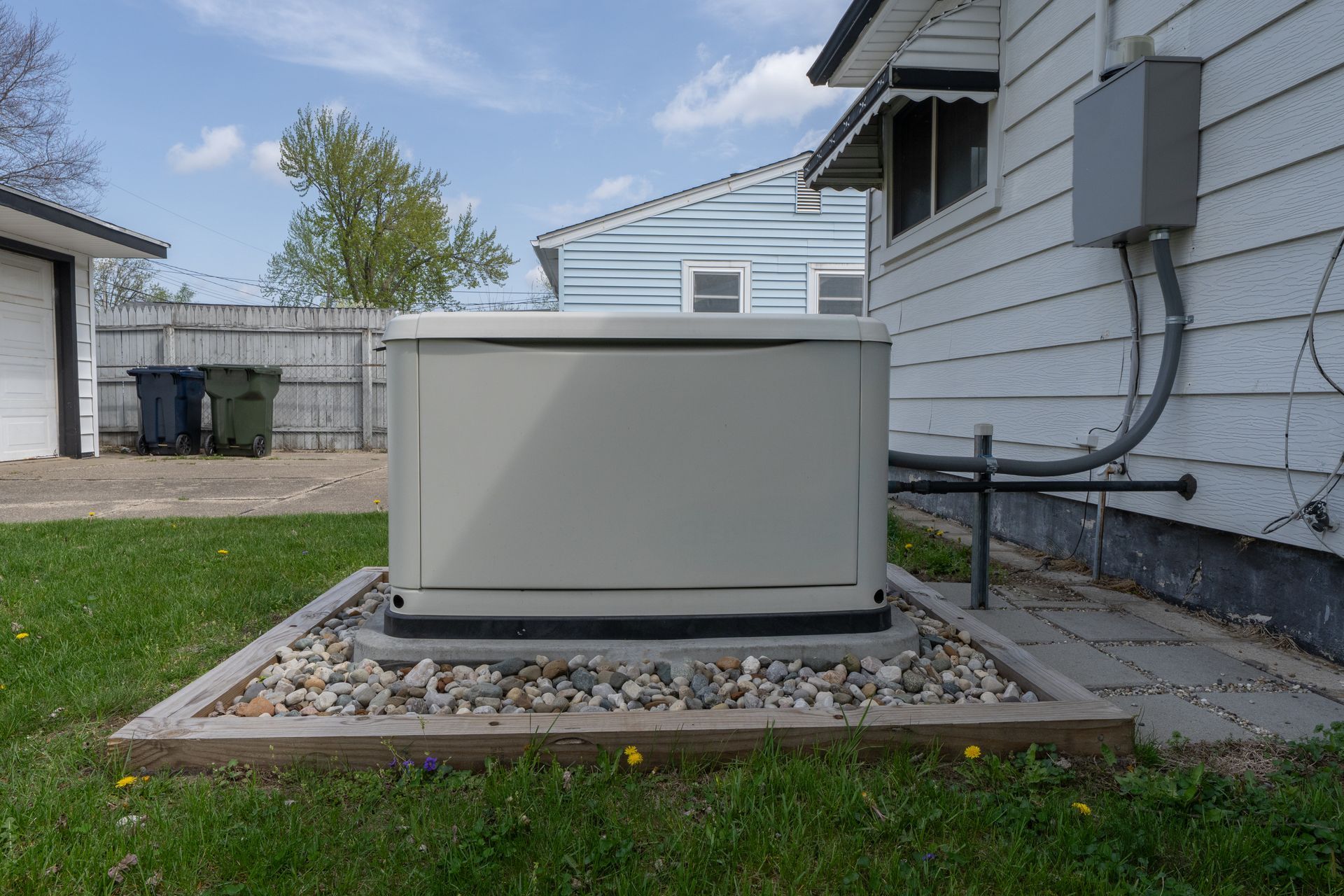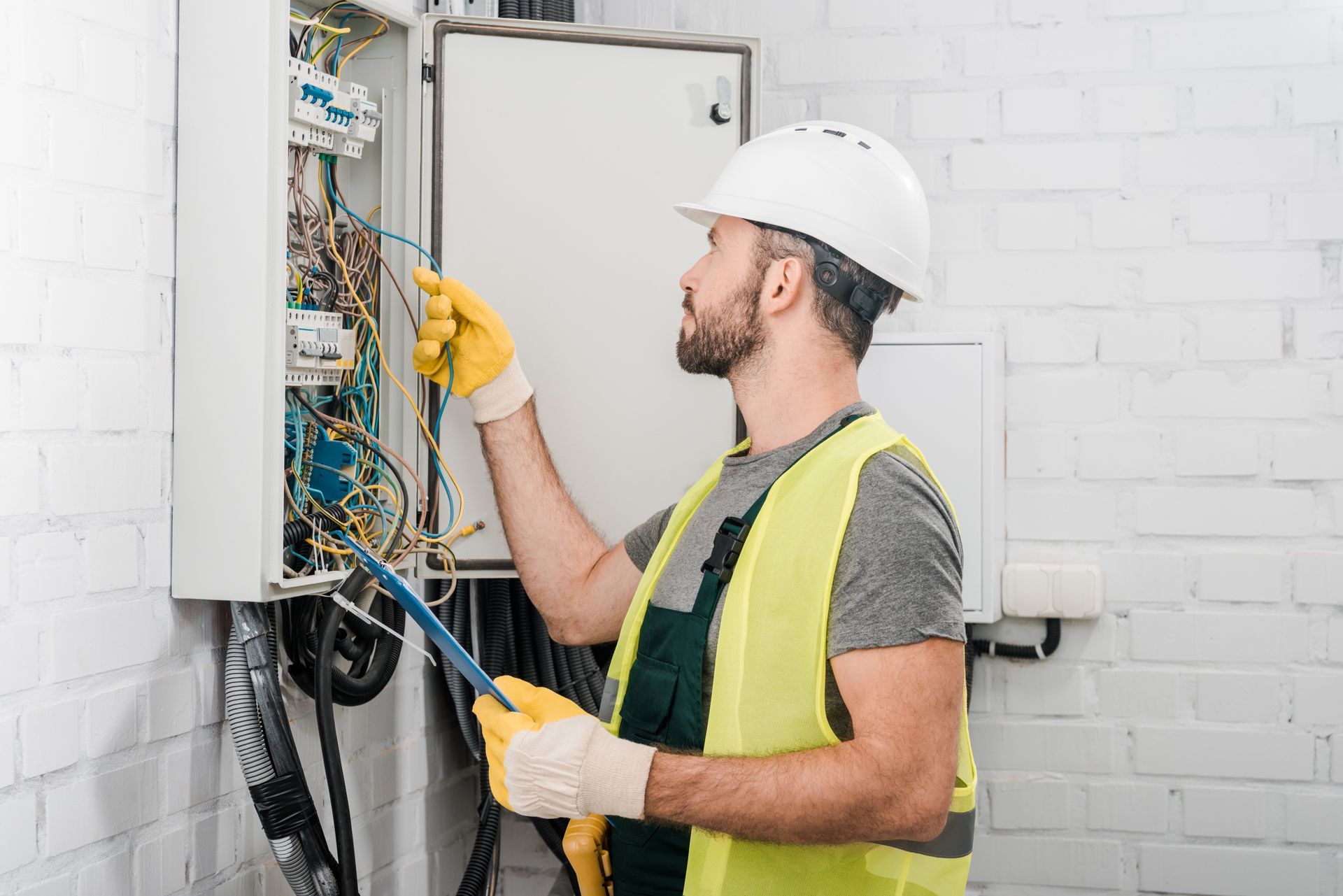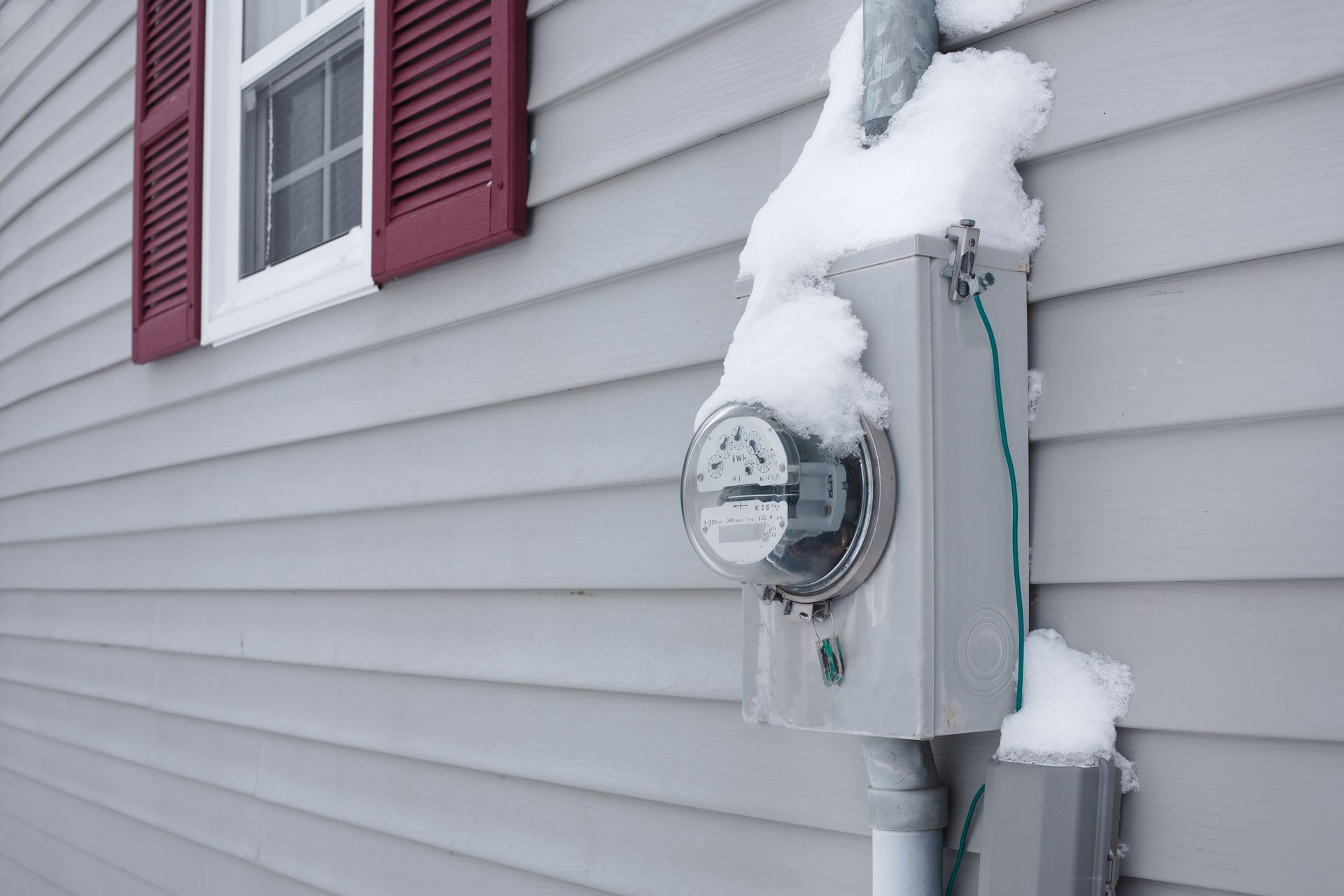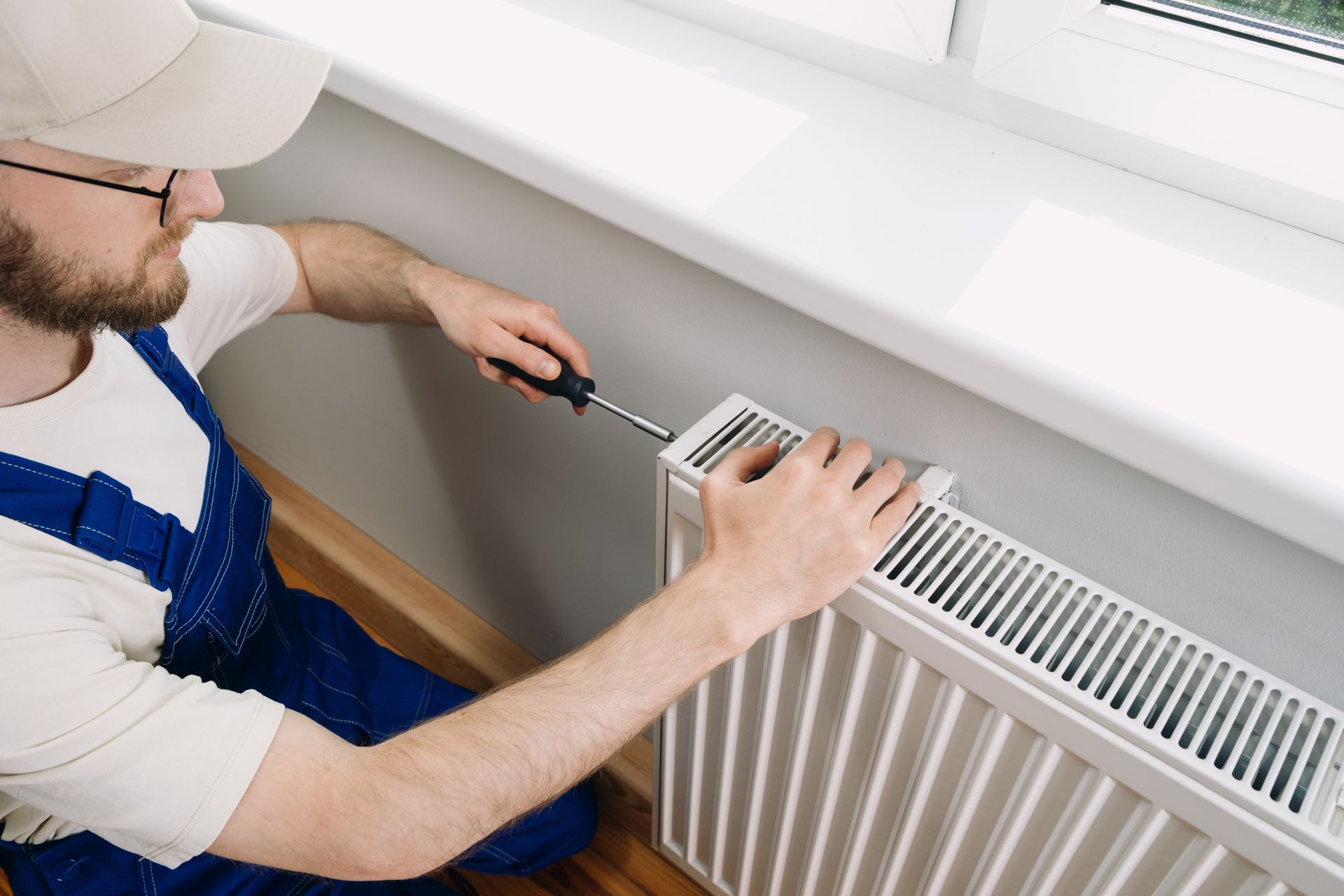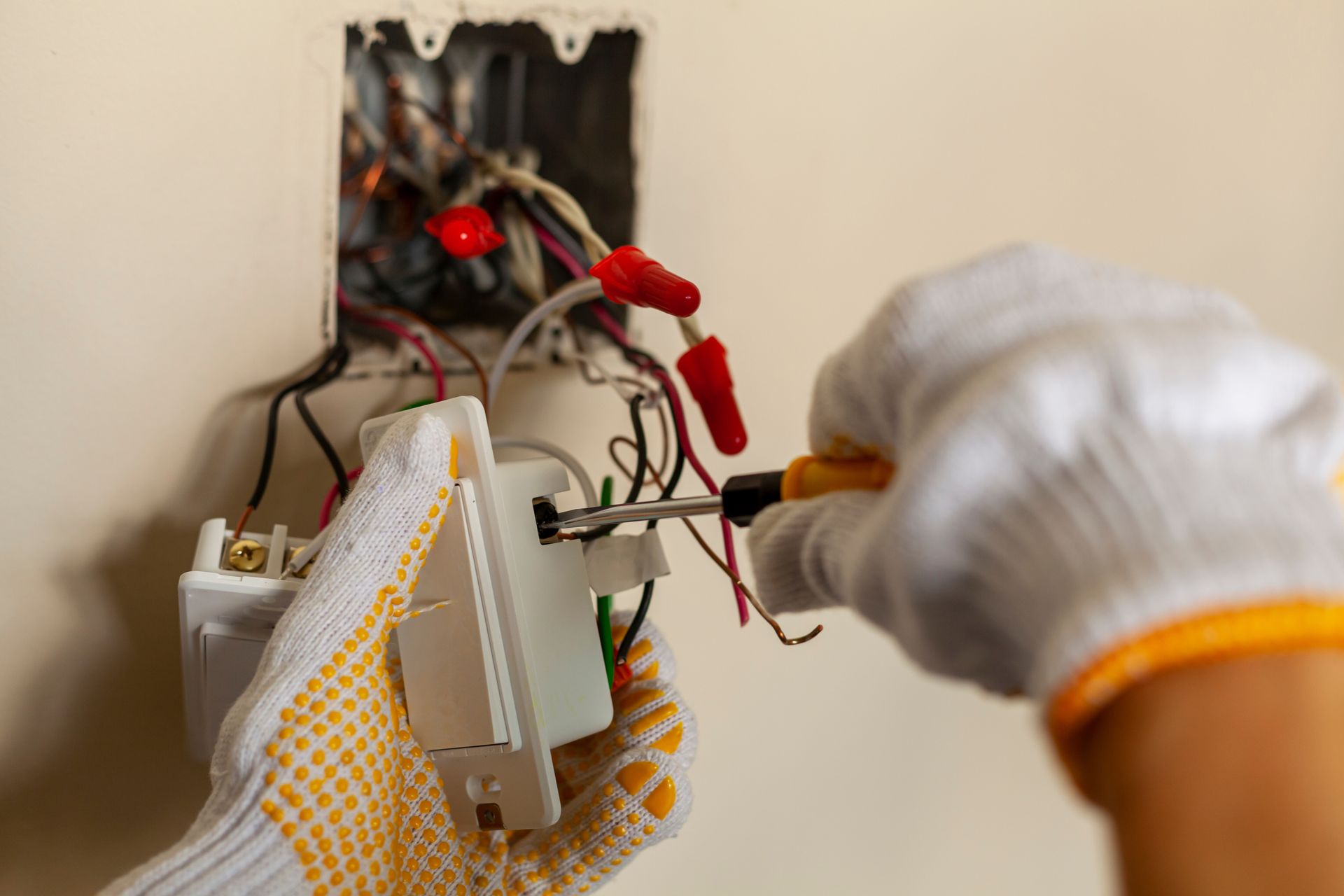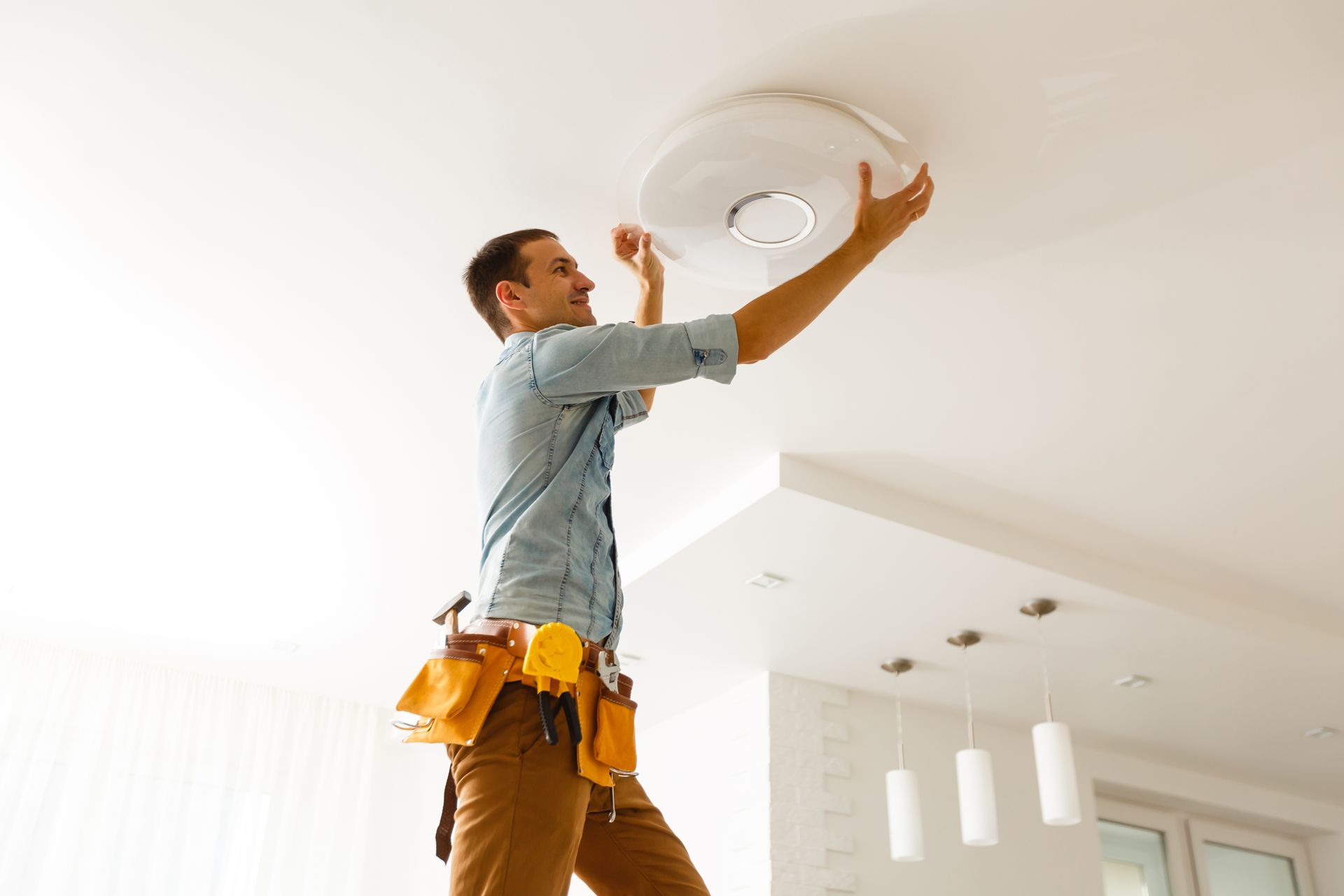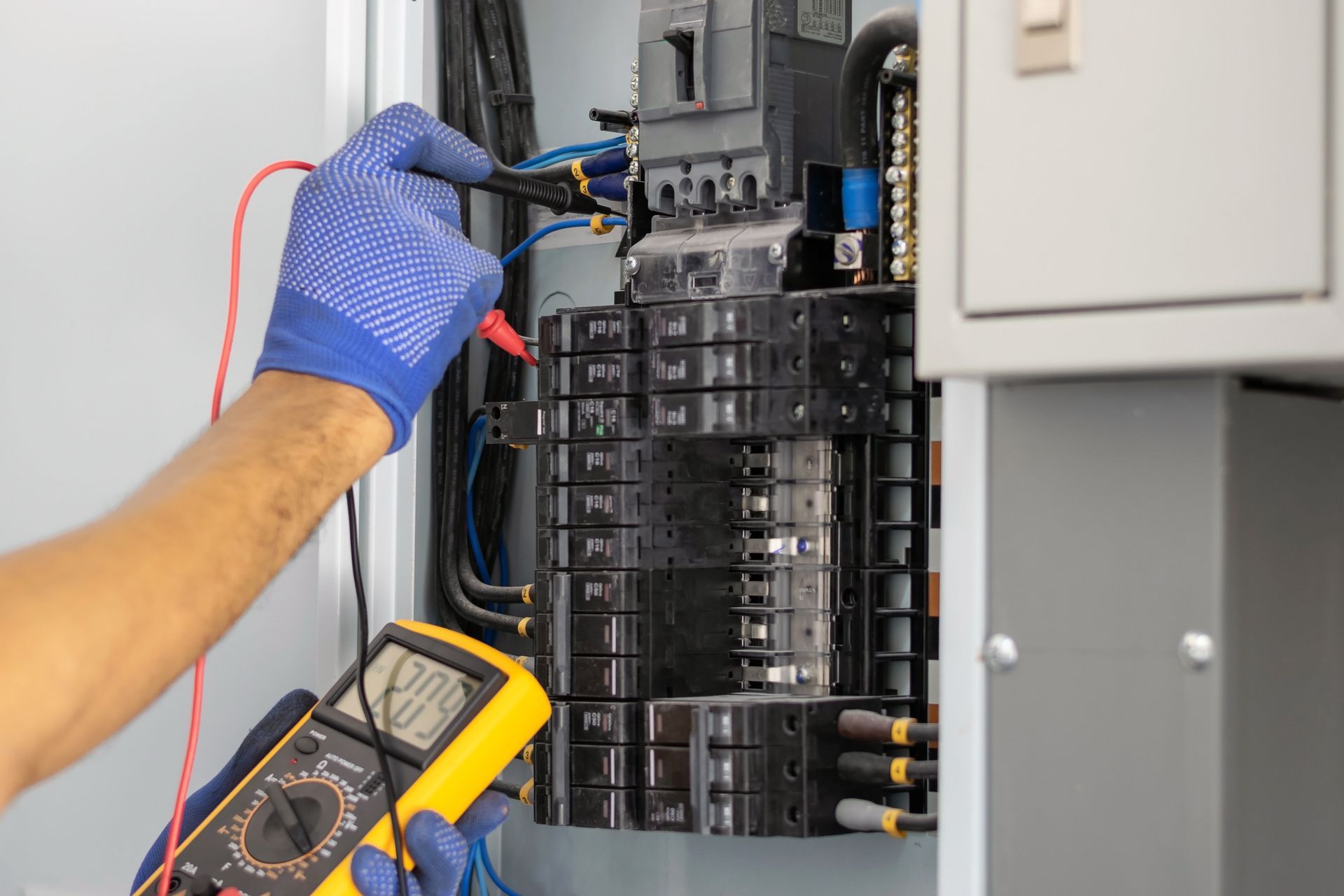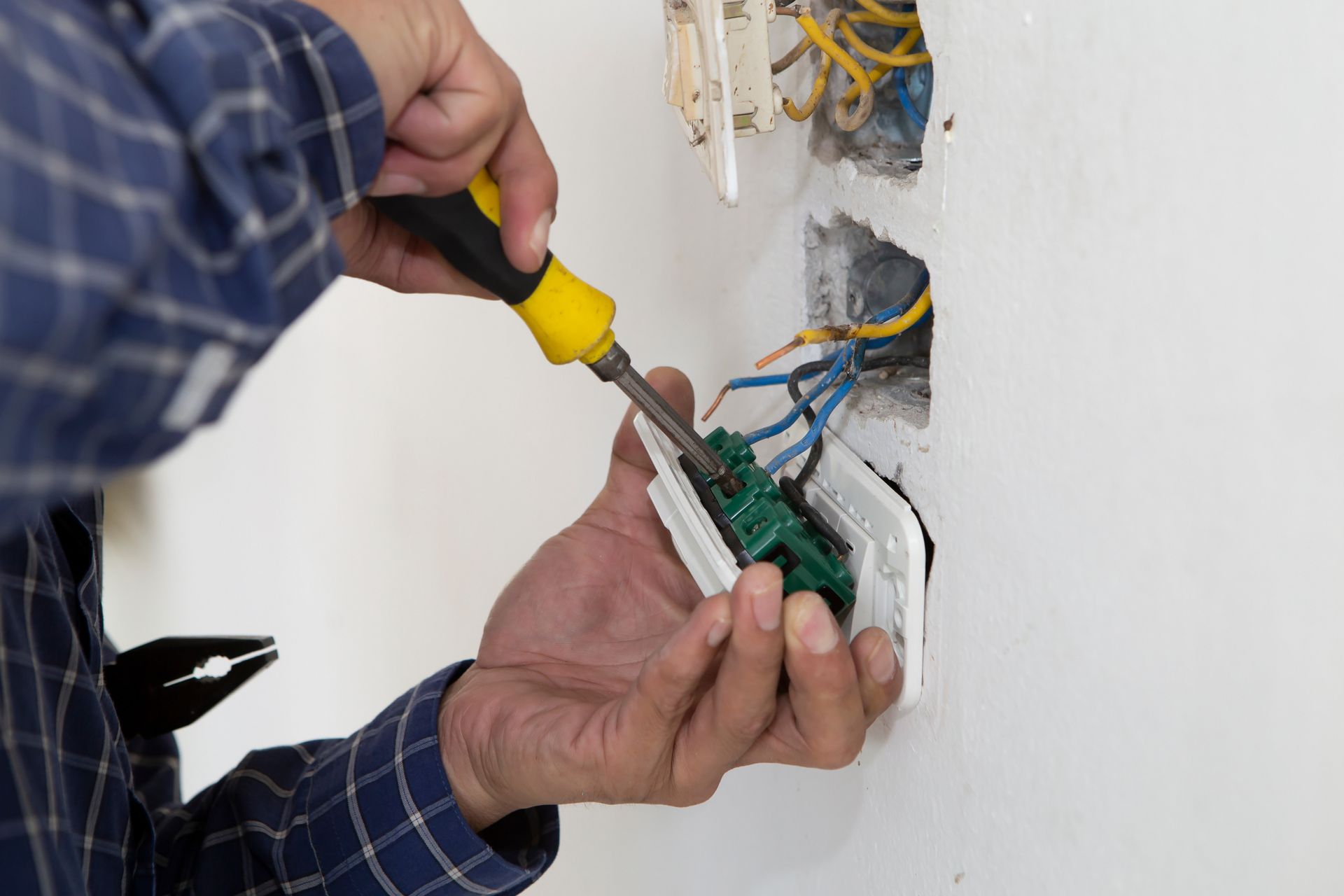The Future of Smart Homes: A Guide for Homeowners
In an era defined by technological advancements, the concept of smart homes has emerged as a beacon of modern living. Smart homes, equipped with cutting-edge technologies and automation, are revolutionizing the way we interact with our living spaces. With each passing day, their popularity continues to soar, promising homeowners a multitude of benefits that range from convenience and energy efficiency to enhanced security and peace of mind.
In this article, we embark on a journey to explore the fascinating world of smart homes, uncovering the myriad advantages they offer to homeowners. Our aim is to provide a comprehensive guide that empowers you, the homeowner, to confidently embrace and navigate the realm of smart home technologies. From understanding the fundamentals of smart homes to selecting and integrating the right devices, we'll delve into the crucial aspects that will help you transform your house into a fully connected and efficient home of the future. So, let's embark on this exciting adventure together and unlock the true potential of smart living.
Understanding Smart Homes
At its core, a smart home refers to a living space equipped with a network of interconnected devices and appliances that can be controlled and automated through various means, such as smartphones, voice commands, or centralized hubs. These devices are embedded with sensors, processors, and communication capabilities, allowing them to collect data, analyze it, and respond intelligently to user preferences.
The basic components of a smart home include:
- Smart Devices: These are everyday appliances and gadgets that have been upgraded with smart capabilities. Examples include smart lighting, thermostats, locks, cameras, and entertainment systems.
- Home Automation Systems: Centralized control systems that allow homeowners to manage multiple smart devices from a single interface. Home automation enables seamless coordination and customization of various functions within the house.
- Connectivity Infrastructure: Smart homes rely on a robust network infrastructure, often through Wi-Fi, Bluetooth, Zigbee, or Z-Wave protocols, to facilitate communication between devices and the homeowner.
How do smart devices communicate and interact with each other?
The communication between smart devices in a smart home is achieved through the Internet of Things (IoT) technology. Each device is assigned a unique IP address, enabling them to connect to the internet and communicate with other devices or a central hub.
Smart devices interact with each other using various protocols like Wi-Fi, Bluetooth, Zigbee, or Z-Wave. For instance, a smart motion sensor may trigger smart lighting to turn on when it detects movement in a room. Likewise, a smart thermostat may communicate with smart blinds to adjust the temperature and lighting based on the time of day and weather conditions.
Showcasing potential applications and use-cases of smart home technologies
The potential applications of smart home technologies are vast and diverse, offering homeowners unprecedented convenience, efficiency, and security. Some of the prominent use-cases include:
- Energy Efficiency: Smart thermostats can learn the occupants' preferences and adjust heating and cooling accordingly, leading to energy savings. Smart lighting can be programmed to turn off when rooms are unoccupied, reducing electricity consumption.
- Home Security: Smart cameras, doorbells, and locks provide real-time monitoring and remote access to enhance home security. Homeowners can receive alerts and view live footage from their smartphones, even when away from home.
- Convenience and Automation: Smart home automation allows for personalized routines. For example, you can set up a "Good Morning" routine that turns on lights, adjusts the thermostat, and starts your favorite music when you wake up.
- Elderly and Assisted Living: Smart home technologies offer valuable assistance for the elderly or people with mobility challenges. Remote control of devices and voice-activated commands make everyday tasks more accessible.
- Entertainment and Media: Smart home systems can integrate with audio and video components, enabling seamless control of entertainment systems and media playback.
The possibilities are continuously expanding as technology evolves, making smart homes an exciting and transformative way to enhance the way we live and interact with our homes.
Getting Started with Smart Home Technology
Smart home technology offers a plethora of benefits that can elevate your living experience and add convenience to your daily routines. If you're considering embracing the world of smart homes, here are some essential steps to get started on your journey:
Assessing Your Needs and Priorities in Adopting Smart Home Solutions
Before diving into the world of smart home technology, take some time to assess your specific needs and priorities. Consider the following questions:
- What are the pain points or challenges you currently face in your home that smart technology could address?
- What aspects of your daily routine could be streamlined or automated to enhance convenience and efficiency?
- Are you more interested in energy savings, home security, entertainment, or a combination of these factors?
Understanding your needs will help you prioritize which smart home devices and systems to invest in and make the most out of your smart home experience.
Identifying Areas Where Smart Technologies Can Enhance Your Lifestyle
Smart home technology offers a wide array of applications that can cater to various aspects of your lifestyle. Some common areas where smart technologies can make a significant impact include:
- Energy Efficiency: Smart thermostats and lighting can optimize energy consumption and reduce utility bills.
- Home Security: Smart security cameras, doorbells, and access control systems provide enhanced surveillance and peace of mind.
- Entertainment and Automation: Smart speakers and voice assistants enable seamless control of audio, video, and home automation devices.
Identify the areas that align with your lifestyle and preferences, and explore the available smart home solutions to fulfill those needs.
Budgeting and Setting Realistic Expectations for Your Smart Home Project
Smart home technology comes in a range of options, from affordable standalone devices to comprehensive integrated systems. Setting a budget will help you navigate through the available choices and avoid overspending. Consider the long-term benefits and potential cost savings that smart home technology can provide.
Set realistic expectations about the learning curve and time required to integrate and configure smart devices. The setup process may take some effort, but the rewards of a well-connected and automated home make it worthwhile. Remember that building a smart home is an ongoing journey, and you can start small with a few key devices and gradually expand your smart home ecosystem as you become more comfortable with the technology.
DIY vs. Professional Installation
When it comes to setting up smart home devices, homeowners often face a choice between Do-It-Yourself (DIY) installation and seeking professional assistance. Each option comes with its own set of advantages and considerations. Let's explore the pros and cons of both approaches to help you make an informed decision for your smart home project:
Weighing the Pros and Cons of DIY Installation of Smart Devices
| Pros | Cons |
|---|---|
| Cost-Effective: DIY installation typically eliminates the labor costs associated with professional services. | Technical Knowledge: Some smart devices may require technical expertise for proper installation and configuration. |
| Flexibility: You have full control over the installation process and can customize it to suit your preferences. | Time-Consuming: Setting up multiple devices may take time, especially if you're new to smart home technology. |
| Learning Experience: Installing smart devices yourself can be a valuable learning opportunity to understand how they work and troubleshoot issues. | Warranty Concerns: DIY installation could void the warranty of certain devices if not done correctly. |
Understanding When Professional Installation May Be Necessary or Beneficial
- Complex Systems: If you're integrating a comprehensive smart home system with multiple devices and automation routines, professional installation ensures seamless integration and optimal performance.
- Electrical Work: Installing devices that require electrical wiring, such as smart thermostats or lighting systems, may require the expertise of a licensed electrician.
- Security Devices: For advanced security systems with cameras, alarms, and access control, professional installation ensures precise placement and proper connection to your home network.
- Time Constraints: If you have limited time or prefer a hassle-free setup, professional installers can get your smart home up and running quickly.
Seeking Reputable and Experienced Smart Home Installers if Needed
If you decide that professional installation is the best option for your smart home project, it's essential to choose reputable and experienced installers. Consider the following tips:
- Read reviews and testimonials from previous customers to gauge their satisfaction with the installer's services.
- Check for proper certifications and licenses, especially for electrical or security-related installations.
- Seek recommendations from friends, family, or online community forums for trusted installers in your area.
By choosing a reliable smart home installer, you can have peace of mind that your devices will be set up correctly and efficiently, ensuring a smooth transition to the smart living experience you desire. Remember, whether you opt for DIY installation or professional assistance, the ultimate goal is to create a smart home environment that enhances your lifestyle and brings the benefits of modern technology to your fingertips.
Questions? Contact our main office
Schedule a Free Quote. Submit a free quote request online
